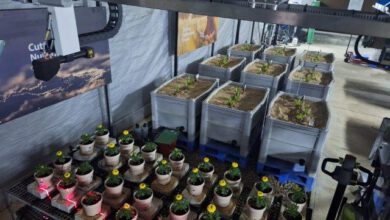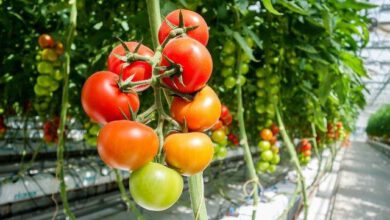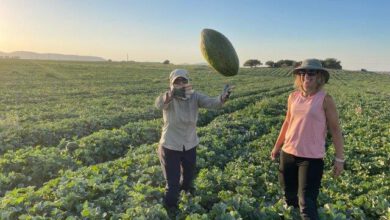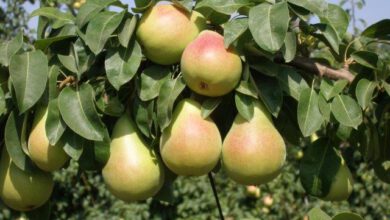The Export Institute on Behalf of Farmers
Exclusive interview with Ofer Sachs, CEO at the Israel Export and International Cooperation Institute (IEICI)
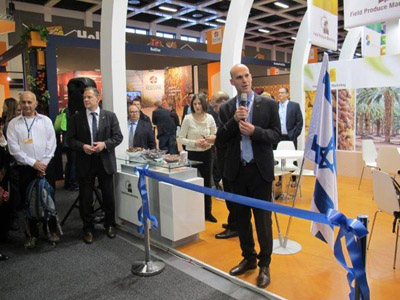
In his opening statement Ofer noted that exporters of fresh agricultural produce are currently experiencing one of the most difficult times and expectations for the future are not bright as they face the challenges of unfavorable foreign exchange rates.
In recent years agricultural exports have been based largely on the Russian market, which offered an alternative export destination to Europe, but during the past year as European economic sanctions were imposed on Russia those exports suffered a decline and have reached a low point owing to the Rouble’s low exchange rate and the consequent reduction in purchasing power there.
Another problem with the European market is that the Euro exchange rate against the Israeli Shekel has weakened so that the farmers now receive a lower return for their produce marketed to Europe. The Europeans do have good reason to maintain a low exchange rate for the Euro, as it helps them sustain the high level of their exports.
This is the challenge for us!!
While world markets are unstable and farmers cannot always rely on a steady return they do however expect the state to assist the farmers, especially those living in the outlying regions, by granting them the means to overcome this problematic period.
A letter was sent by the Export Institute during the first week of February to the Prime Minister who was standing in for the Minister of Finance, requesting that efforts should be intensified to solve the crisis situation faced by the farmers. This request submitted by the Export Institute called for granting the farmers government -financed loans with a grace period of two or three years. These loans are essential if the economic collapse of the farmers is to be avoided thereby helping them cope with the difficult reality.
The Export Institute wants the farmers to survive but the reality of the situation is that the number of farmers in the country is small and not only is the farmer’s political lobby weak but public opinion does not favor the farmers or agriculture in general and even accuses them of being responsible for the high cost of living but the majority of the population are not aware of the true situation.
Ofer also relates to agriculture’s strategic importance as most of the farmers live and work in border areas such as the Arava, the Jordan Valley and the Gaza Belt area. These farmers responded to an appeal to settle there and so the state has the moral responsibility to ensure that they can earn a good living.
The Export Institute’s activities on behalf of the farmers may be divided into two principal areas:
1. The first area is marketing which includes among other endeavors the opening of an export stand at the Berlin Show, which is the world’s most important exhibition for the export of agricultural produce. The Institute’s representatives also work to establish connections with various entities abroad and it organizes delegations to visit Israel and see with their own eyes the achievements of Israeli agriculture. Delegation arriving in Israel include in their itinerary visits to manufacturing plants working in the field of agro-technology.
2. The second area concerns a new strategic project in which we at the Institute are cooperating with the Ministry of Agriculture and the Israel Plants Production and Marketing Board. The project calls for mapping out the strong points, examining the growth potential in that same area together with an assessment of the market potential for those relevant products.
Prof. Amir Hyman, representing the Ministry of Agriculture, is acting as consultant for the project.
One example of the project’s work is an attempt to study the market potential in the United States of America, as the extent of the exports to that country has declined in recent years. We already have some very interesting interim data.
The intention here is to advance long-term strategic thinking, not just for a year or two but to try and predict what the consumer in some country or other wants to see at some future date.
– Stressing innovation!!
The problem over the past few years was that the decisions taken were more emotional and less rationally inclined so that for example many pomegranate trees were planted and some of them have already been uprooted.
Ofer adds that just as the state functions in other areas so in agriculture too there is a need to think about the future and subsequently formulate a program just as only the state knows how.
Ofer concludes the interview on an optimistic note claiming that there is no reason why the agricultural exports should not continue to grow!! Israeli agricultural exports must be based on a proper marketing and innovative infrastructure.

